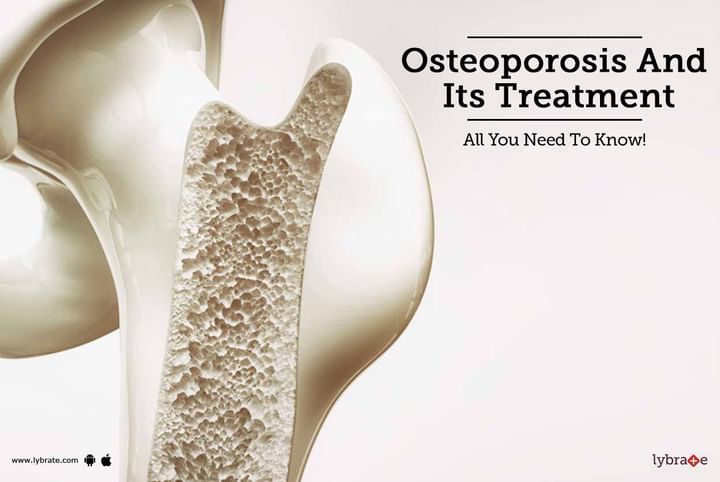Osteoporosis And Its Treatment - All You Need To Know!
Osteoporosis refers to the condition where the bones become fragile and porous, resulting in compression fractures and severe back pain. Over the course of time, due to their fragility, the bones tend to break. Osteoporosis is a leading cause of bone fractures and back pain. in nearly 29% of women between the ages of 40-60 years.
Symptoms to look out for!
- Brittle nails
- Inability to lift heavy objects
- Loss of grip
- Receding gums
Risk factors-
Common risk factors for osteoporosis may include-
- Family history
- Poor nutrition
- Physical inactivity
- Body weight
- Smoking
How is the condition diagnosed?
Often a person having osteoporosis is not aware of the condition until it is diagnosed.
- To check for osteoporosis, the doctor will go through your medical history and perform a physical examination.
- Bone density test is the ideal choice of diagnosing osteoporosis. Its uses x-rays to measure bone density of the spine, wrist and hips. These areas are mostly prone to osteoporosis.
Treatment of osteoporosis-
Osteoporosis can be treated using the following medications and supplements.
- Bisphosphonates- These prevent loss of bone mass. You can either take them orally or your doctor may prescribe an injection. Examples of bisphosphonate include- alendronate, ibandronate etc.
- Vitamins- Calcium helps build strong bones. Vitamin-D helps your body absorb the calcium, thereby strengthening your bones. Calcium nitrate supplements work better for older adults as it easily gets absorbed in the body.
- Hormonal Therapy- Hormone replacement therapy is a preferred choice of treatment for women suffering from osteoporosis during menopause. It involves the use of estrogen hormone. These are taken in the form of oral tablets or injections.
- Teriparatide- This helps increase bone formation and promotes bone density. These self-administered drugs are taken through injections. Teriparatides are prescribed to patients with severe osteoporosis or those who have low tolerance for other medications.
Apart from these, making certain lifestyle changes such as eating healthy, exercising etc. are also crucial for long-term results. This improves mobility and bone health. Consult a doctor and get yourself checked for osteoporosis early in life.



+1.svg)
